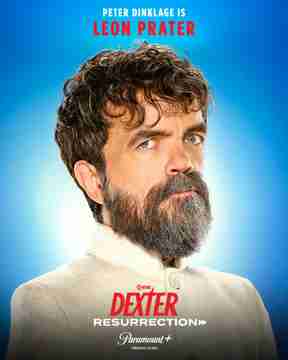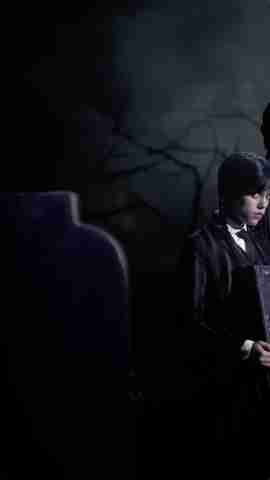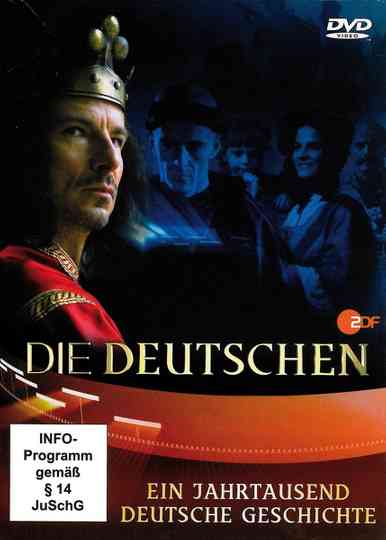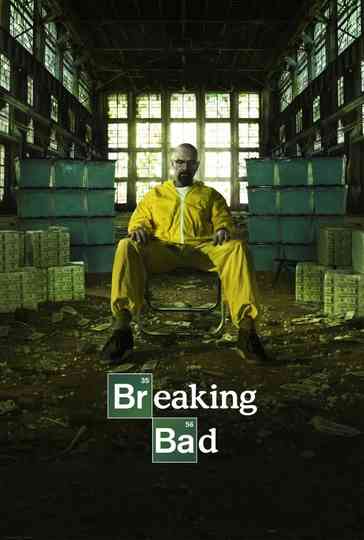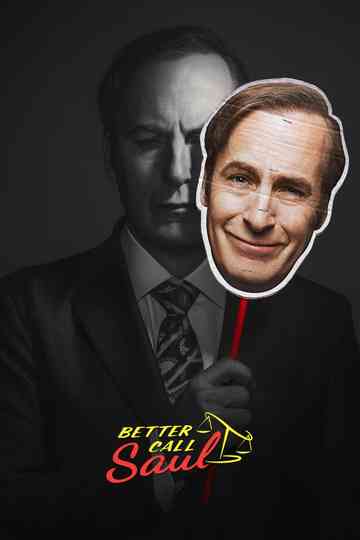Season 2 Episodes
1. Charlemagne and the Saxons
He was already considered the "Father of Europe" by his contemporaries: Charlemagne (probably 748-814). He created a foundation that shaped the continent. Germans and French alike regard the legendary Carolingian as the progenitor.
2. Frederick II. and the Crusade
"The wonder of the world" is what some contemporaries called the Staufer Frederick II (1194-1250), whose empire stretched from Sicily to the North Sea coast. In addition to German, he spoke Italian, French, Greek and Arabic, wrote poetry and philosophy, and wrote a book on falconry. As a small child he already possessed the German royal dignity, his mother, Constance of Sicily, had him crowned monarch there. On German soil, a bitter dispute over the throne was once again raging between the Hohenstaufen and Guelph dynasties. Once again, the princely camp was divided, and the pope got involved.
3. Hildegard of Bingen and the Power of Women
Hildegard von Bingen (1098-1179) is the most popular German of the Middle Ages - on a par with the powerful of her time. She was a visionary, a natural scientist, a politician and composer, a theologian, and even the manager of two monasteries she founded. Many of her writings, especially her knowledge of natural medicine, have lost none of their relevance to this day. Others still raise questions. While some suspect in Hildegard's visions a kind of drug intoxication of the herbalists, others see in it a prophetic gift, even a proof of her holiness.
4. Charles IV. and the Black Death
The reign of Charles IV (1316-1378) is one of the most dramatic periods in German history. Around the middle of the 14th century, the plague swept away a third of the Germans. The king who ruled during this terrible time was descended from the Luxembourg dynasty. Charles IV was born in Prague in 1316. His father John had married a Bohemian princess and thus became one of the most powerful men in the empire. In 1346, the ambitious Luxembourger succeeded in having his son Charles elected as counter-king to the incumbent Louis the Bavarian by paying horrendous bribes. Charles' position in the empire was initially weak, but the sudden death of Louis, a few months after the election, changed the situation.
5. Thomas Müntzer and the Peasants' War
It was the time of upheaval, the Reformation shook the existing order. In 1521, there was turmoil in Zwickau, Saxony: the young priest Thomas Müntzer (1489-1525), who preached at St. Mary's Church, turned against the ecclesiastical and secular authorities and demanded the God-given right to freedom and equality for all people. Müntzer was not a man of compromise. The church criticism of Luther, whom he had once admired, did not go far enough for him. Not only the papacy but also the secular order based on the estates were a thorn in his side.
6. Augustus the Strong and Love
He is considered one of the most enigmatic monarchs of modern times: Elector Friedrich August I of Saxony, known as "August the Strong" (1670 to 1733). His princely self-portrayal was comparable only to that of another European monarch: Louis XIV. August's court was to be in no way inferior to that of the French Sun King. Hundreds of festivities a year, balls, masquerades and animal hatches were organized by the king.
7. Karl Marx and the Class Struggle
He is one of the most effective best-selling authors in the history of the world, and yet few have read his work in its entirety. His teachings have become a substitute religion, even though the author never saw himself as a founder of faith, but as a scientific analyst. "I am not a Marxist," flirted Karl Marx (1818-1883), whose work influenced the course of world history like no German since Luther. From the middle of the 20th century, about half of humanity was led by governments that invoked the German thinker.
8. Ludwig II. and the Bavarians
Myths and legends surround the figure of Ludwig II of Bavaria (1845-1886), known as the "fairytale king. He shunned politics and devoted himself above all to his rapturous passions: the operas of Richard Wagner and the construction of magnificent castles such as Neuschwanstein, Linderhof and Herrenchiemsee. However, Ludwig was by no means just a dreamy dreamer, but pursued clear political goals: he believed in the "Third Germany," in an independent power alongside Prussia and Austria. In the mid-19th century, the federal confederation of small and medium-sized German states was a counter-model to a federal state under Prussian leadership. The vision failed because of the political genius of Otto von Bismarck and the military strength of the Hohenzollern state.
9. Rosa Luxemburg and Freedom
Since her youth, Rosa Luxemburg was convinced that the world had to change. She wanted to realize her dream of a socialist revolution, first in the SPD and later in the German Communist Party, which she co-founded. But the revolution failed. On November 9, 1918, a revolution did indeed break out in Germany - but it ultimately ended with the adoption of the new Weimar Constitution.
10. Gustav Stresemann and the Republic
Gustav Stresemann (1878 - 1929) became Reich Chancellor when the young Weimar Republic was once again plunged into chaos: in the crisis year of 1923. Germany was still suffering the consequences of the lost war and the Treaty of Versailles. France and Belgium occupied the Ruhr region to force billions in reparations and gain control over the important industrial region. Inflation reached its peak. Communist uprisings threatened from the left, and the radical right called for a national dictatorship. Becoming chancellor at such a time was "really political suicide," Stresemann wrote to his wife.















